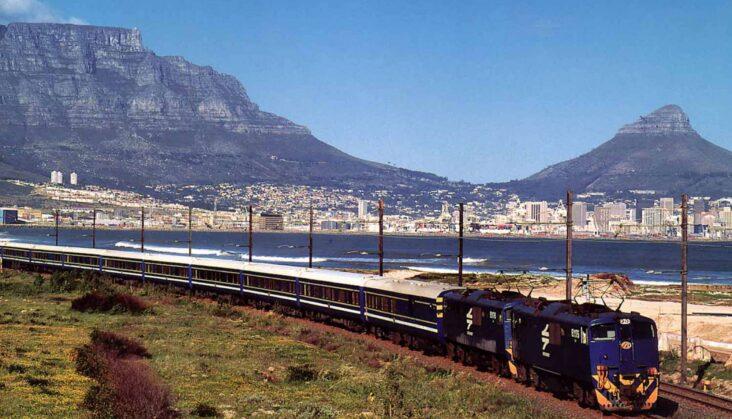Africa-Press – Mauritius. Corporate governance failings mean that South African ports and railways company Transnet is likely to have to pay extra to refinance $1bn in debt maturing in 2022.
The state-owned company has a monopoly on South Africa’s railway infrastructure and freight services as well as being a port landlord. In November, it issued a request for proposals for a lead arranger to refinance its 4% 2022 eurobond maturing in July.
Transnet lost 8.4bn rand ($520m) in the year to March. CEO Portia Derby this month told parliament that it may be late 2022 or 2023 before financial performance improves.
“It’s going to be difficult,” to refinance, says Lelethu Poswa, a fixed-income analyst at Anchor in Cape Town.
He cites the delayed release of financial statements, several covenant breaches, negative sentiment towards state-owned enterprises (SOEs) and a series of qualified audit opinions.
These episodes have “limited Transnet’s ability to access the local and international debt capital markets to refinance in a timely manner. ” Poswa says there is a “high probability” of a government support for Transnet if needed.
Yet, he notes, the government faces increasing fiscal pressures which compromise its ability to provide timely and adequate support to SOEs, as shown by the Land Bank default. Transnet needs to take a range of steps to become more attractive as a borrower, Poswa says.
These are achieving an unqualified audit opinion; lengthening its debt-maturity profile; improving its liquidity; putting emphasis on maintenance capital expenditure and limiting operational disruption due to cyber-attacks and fire.
Still, Poswa says, Transnet has a good refinancing track record through diversified funding sources. The company also has strong relationships with supportive bank lenders, he adds.
“In my opinion they will be able to secure new financing agreements, but at a higher cost.
Given the upcoming maturity, recent credit downgrades and poor financial performance across SOEs, there is a “heightened risk of default,” says Bongisipho Mahlathi, fixed-income portfolio manager at Balondolozi Investment Services in Johannesburg.
“The market might be reluctant to provide liquidity to Transnet, she says, adding that the risk of new Covid-19 lockdowns may further derail financial performance.
Mahlathi says that Transnet has “solid partnerships with the private sector which should help stabilize the entity. ” Lack of Control Moody’s in November downgraded Transnet’s corporate family rating to Ba3 from Ba2, with a negative outlook.
The ratings service cited Transnet’s worsening liquidity profile and corporate governance weaknesses that have not been sufficiently addressed. These failings include repeated delays in publishing audited financial statements, qualified audit opinions and breaches of debt covenants, Moody’s said.
The $1bn bond maturity in July is only part of the problem. Moody’s estimates that in the 12 months to September, Transnet will have total debt maturities of about $1.4bn, as well as several billion rand already drawn under the company’s short-term liquidity facilities.
“Transnet will not be able to meet most of these maturities from free cash flow,” Moody’s says. Edward-John Bottomley, an analyst at REDD Intelligence in Cape Town calculates that the company faces maturities of $2.4bn for the period 2023-2026.
Moody’s also pointed to Transnet’s status as an SOE, meaning it is subject to oversight of the Treasury and the auditor general. That means decision-making processes are “lengthy and outside of the company’s control,” Moody’s said.
That’s a recurrent pattern in South African SOEs. State-owned power provider Eskom has argued that the slowness of Treasury procurement decisions is one of the factors hampering its performance.
For More News And Analysis About Mauritius Follow Africa-Press







